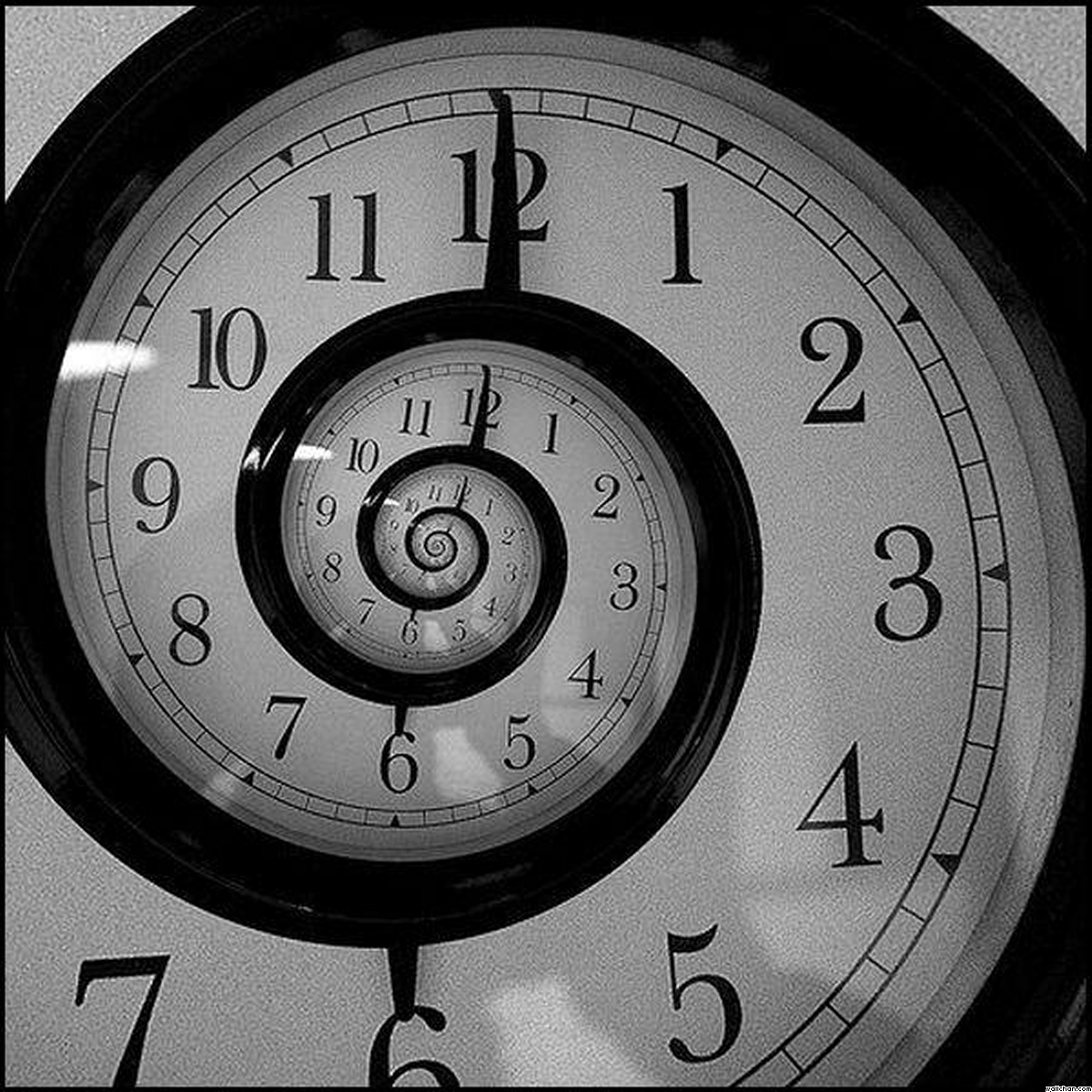The Bearer of Bad News
Nothing travels faster than the speed of light, with the possible exception of bad news, which obeys its own special laws. — Douglas Adams
Today’s post conveys some bad news… Well, really, it’s a post about bad news, which in fact, is actually good news for you. Because to begin this post, I’m going to tell you a story from history.
GATHER YE, GATHER YE!
Tigranes II was the king of Armenia starting around 95 BC. And although he would later be known as Tigranes the Great, he is well known today for one particular incident.
 You see, Tigranes II had grown Armenia to a formidable strength, and in doing so, he gave refuge to a fellow king and kinsman wanted by the Romans. Naturally, Rome, the most dominant force of the time didn’t like this, and they wanted Tigranes II to hand over the fugitive king. To which Tigranes II refused.
You see, Tigranes II had grown Armenia to a formidable strength, and in doing so, he gave refuge to a fellow king and kinsman wanted by the Romans. Naturally, Rome, the most dominant force of the time didn’t like this, and they wanted Tigranes II to hand over the fugitive king. To which Tigranes II refused.
Well, not too long after this, a messenger came with some bad news–the Roman general, Lucullus, was marching on Armenia for Tigranes II’s disobedience. But, to quote Plutarch: “The first messenger, that gave notice of Lucullus’ coming was so far from pleasing Tigranes that, he had his head cut off for his pains; and no man dared to bring further information.”
Tigranes II didn’t fare too well after that (people only delivered good news to him, leaving him without vital information in his forthcoming wars), but he did give us a tried and true saying: don’t shoot the messenger!
‘I JUST BRING THE NEWS!’

In one of a series of clever experiments answering this question, researchers had participants think they were engaging in a lottery with 50% odds of winning $2. A research assistant then drew the winning ticket, handed it to another research assistant, and this one read whether the participant won or lost.
So, even though this messenger had ZERO effect on what number was drawn, participants rated him more significantly more negatively when he was a messenger of bad (vs. good) news.

For example, researchers had participants go through a study similar to what I first described; however, afterward, they asked participants: “To what extent do you think the lottery drawer tried to draw a winning versus losing number?” For those participants who ended up not winning the lottery, they were more likely to think the research assistant intentionally tried to draw a bad number.
Even when it was random!
BAD NEWS CAN BE WORSE

And it’s not just disliking for the messenger—we actually start to judge him or her as less competent!
However, there is some hope. When the researchers were able to make it clear that the messenger would never have malevolent motives (e.g., the research assistant drawing the number would win money if the participant’s number was drawn), then people didn’t view him as negatively.
So, what’s the lesson from today? Check out the Everyday Psychology section for a little advice.
Bearingly,
jdt
Everyday Psychology: From what I described above, today’s advice twofold. First, if you ever receive bad news, realize that your “sense-making” motives are what’s leading you to dislike the messenger. And second, if you ever have to be that messenger yourself, make sure you articulate your motives behind the bad news! That is, simply expressing an apology or empathy isn’t enough—when bad news messengers did this, they were still rated negatively. So make it clear, your motives are in line with those of the message recipient. But here’s your safest bet: Try to be an innocent bystander when the bad news is delivered. These people don’t receive the negative evaluations that the messenger him or herself does.
John, L. K., Blunden, H., & Liu, H. (2019). Shooting the messenger. Journal of Experimental Psychology: General, 148(4), 644.







Quite a nice little drop from that ocean you are mining Jake.
Well thank you 🙂 Hopefully that drop of water was refreshing in some way
Jake… get some sleep! 4:51??
Haha The website is on PST, whereas I’m on EST in actuality. So it was a much more reasonable 7:51 😉